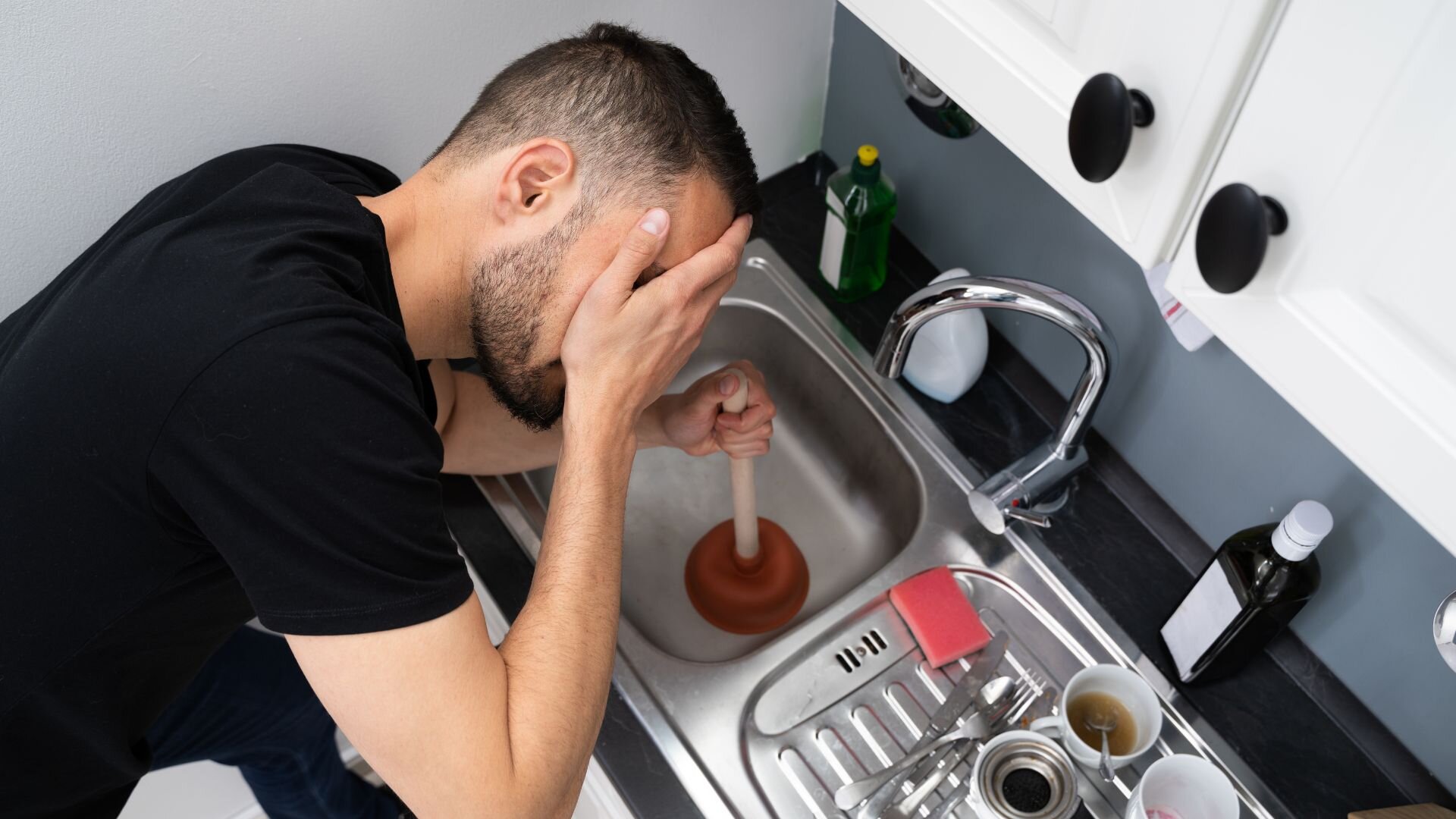
Blocked drains are a common yet disruptive problem affecting any part of a household or business’s drainage system. The inconvenience is universal, whether it’s a clogged drain in the kitchen, a blocked shower drain, or a toilet drain refusing to clear. The causes of these blockages can vary enormously—from foreign objects accidentally flushed down the toilet to a build-up of hair and soap scum in shower drains.
In some cases, the issues extend beyond what’s visible; tree roots can infiltrate and obstruct drain pipes, or broken pipes can alter water flow, leading to significant drain blockages. These are not mere nuisances; they can lead to broader issues within the plumbing system that require professional attention.
When clearing a blocked drain, many might reach for solutions like baking soda or commercial drain cleaner, hoping for a quick fix. While these may temporarily relieve minor cases, they often fail to address more severe blockages or underlying issues, such as those caused by tree roots or broken pipes.
This is where the expertise of a professional plumber becomes indispensable. Equipped to handle the full spectrum of drain blockages, from the most common clogged drain to the more complex blockages deep within a drainage system, a professional plumber ensures that the water flow is restored and maintains the integrity of your pipes.
Understanding Sediment Build-Up
Sediment build-up in plumbing systems is the culprit behind many common household drain clogs. Over time, sediment can accumulate in sewer pipes and water pipes, especially in areas with slower water flow, like shower drains. This sediment, often composed of minerals, rust, and other debris, can significantly reduce the efficiency of household drains, leading to frustrating plumbing problems.
The main sewer line is particularly vulnerable to this type of obstruction. The sewer line must remain evident as the primary conduit for waste and wastewater from the home to the municipal sewer system. Unfortunately, sediment can settle out of the water and build up along the bottom of sewer lines, gradually reducing the diameter of the pipes and compromising water flow.
Sediment can really be a sneaky culprit when it comes to blocking drains. Unlike sudden blockages, sediment builds up gradually, so you might notice water flow slowing down or water pressure dropping over time. Spotting this kind of problem can be tricky without the expertise of a licensed plumber.
A broken pipe makes things worse. When a sewer pipe cracks, soil sediment can enter the system, causing larger blockages. Meanwhile, showers and smaller drains often collect sediment from hard water, soap, and other stuff, resulting in the drain clogs that annoy us all.
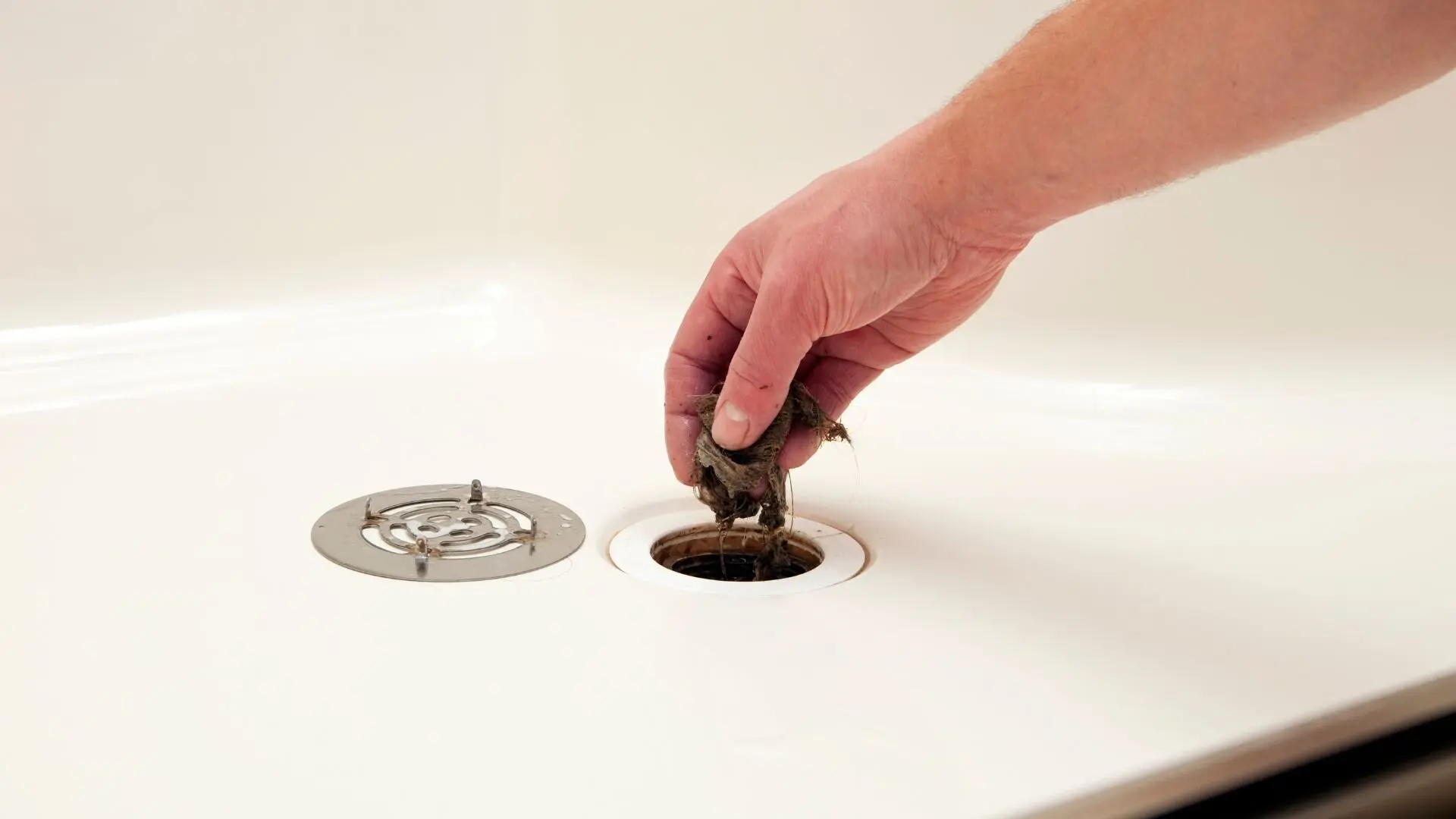
Drain clogs caused by sediment are inconvenient and can signal deeper issues within the sewer system. If left unaddressed, such a blockage can lead to more severe plumbing problems, including damage to the main sewer line. Recognising and addressing sediment build-up early can save homeowners from costly repairs and maintain the longevity of their sewer lines and drain system.
Recognising Sediment in Drains
Sediment in your plumbing system may not always be noticeable, but there are tell-tale signs that can alert you to its presence. A key indicator is a noticeable decrease in the speed at which water drains from fixtures such as your kitchen sink or bathroom sink. When water drains more slowly than usual, it may suggest an accumulation of sediment along with other debris.
Soap scum and grease are typical culprits for clogged drains, especially in the kitchen. When grease mixes with natural debris and food particles, it clings to pipe walls, gathering more sediment over time. This can eventually lead to a nasty blockage.
In bathroom sinks, soap scum can mix with hair and skin flakes, creating a dense mat that traps sediment. Over time, this combination can significantly restrict water flow. Similarly, the grease trap, an essential component designed to intercept most greases and solids before they enter a wastewater disposal system, might become clogged with sediment, leading to a backup of dirty water.
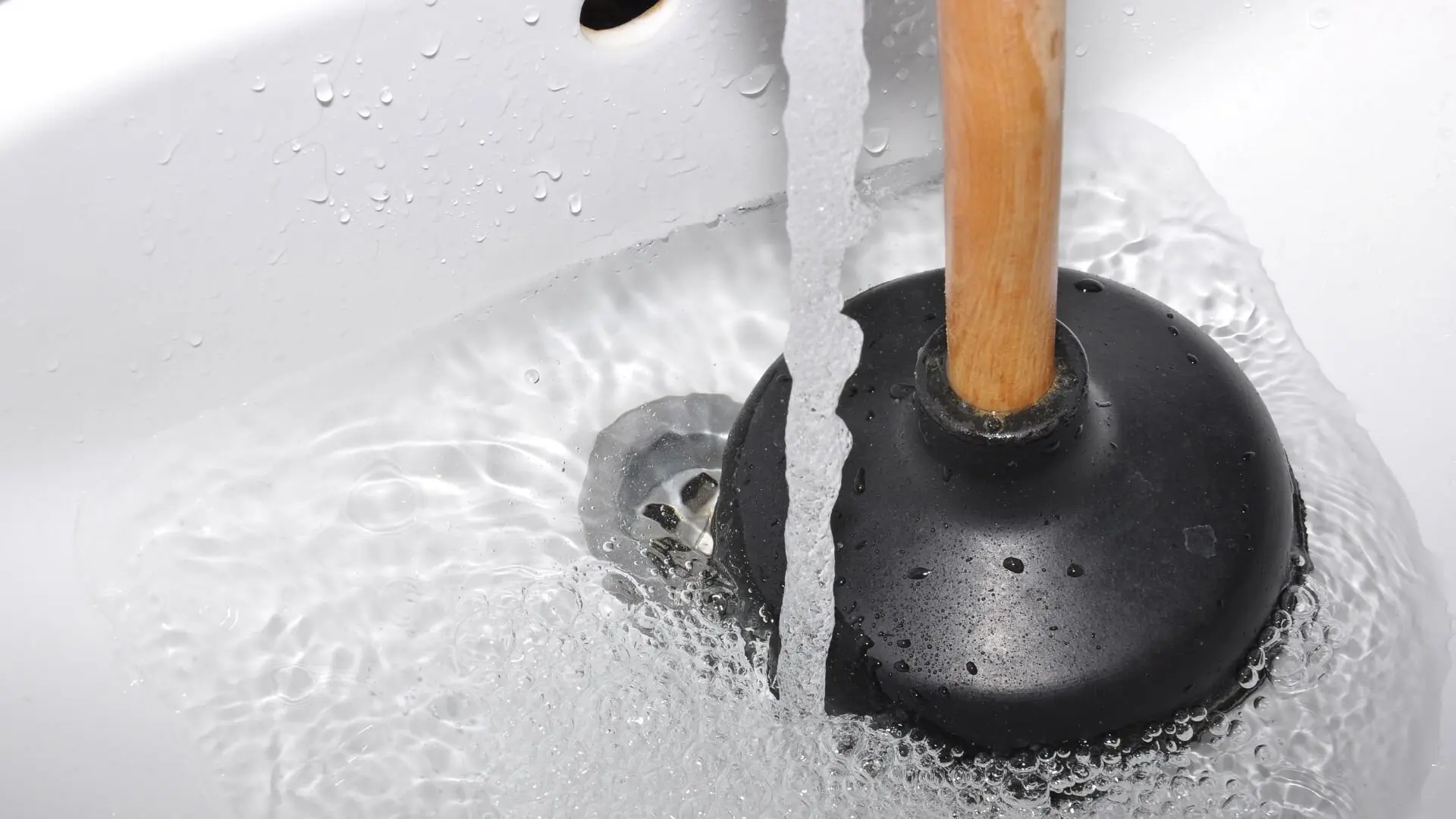
Hot water might help clear minor sediment build-up, but it won’t cut it for tougher blockages, like tree roots or flushing non-flushable items like baby wipes down the toilet. These issues need more than hot water to tackle.
One often overlooked cause of blocked drains is natural debris, like sand and silt, sneaking into the plumbing system from different sources. This sediment settles and without regular cleaning, it forms a base for other bits to stick to, making blockages worse.
Spotting these signs early can help you avoid serious sediment blockages. Regular plumbing inspections and maintenance, coupled with quick action on minor blockages, ensure that your water drains efficiently, keeping your pipes free of sediment and other nasties.
Preventing Sediment Accumulation
Preventing sediment build-up in drains and pipes is essential to avoiding stubborn clogs that can lead to severely blocked plumbing systems. One key to prevention is addressing the factors contributing to sediment accumulation, including poor installation and ageing pipes that may rust or crack, allowing sediment to enter the system.
To stop hair from causing clogs by trapping other materials, try using drain guards in showers and sinks to catch hair before it spirals down. It’s crucial because hair clogs are pesky. Also, avoid tossing things like coffee grounds down your drains, as they mix with grease to create a dense, stubborn blockage.
During the wet season, increased water flow can carry dissolved minerals and other particles through your plumbing. These can settle and accumulate, leading to severe clogs over time. To mitigate this, regular plumbing maintenance through the above methods is recommended to avoid potential health hazards associated with backed-up sewer lines.
Furthermore, listen to your plumbing system; hearing gurglingsounds may indicate that air is trapped due to sediment build-up and that your pipes require attention. Regular flushing of your drains with hot water can help dissolve and dislodge minor sediment build-up. However, professional assistance may be necessary for persistent or severe clogs to ensure your drains are cleared safely and effectively.
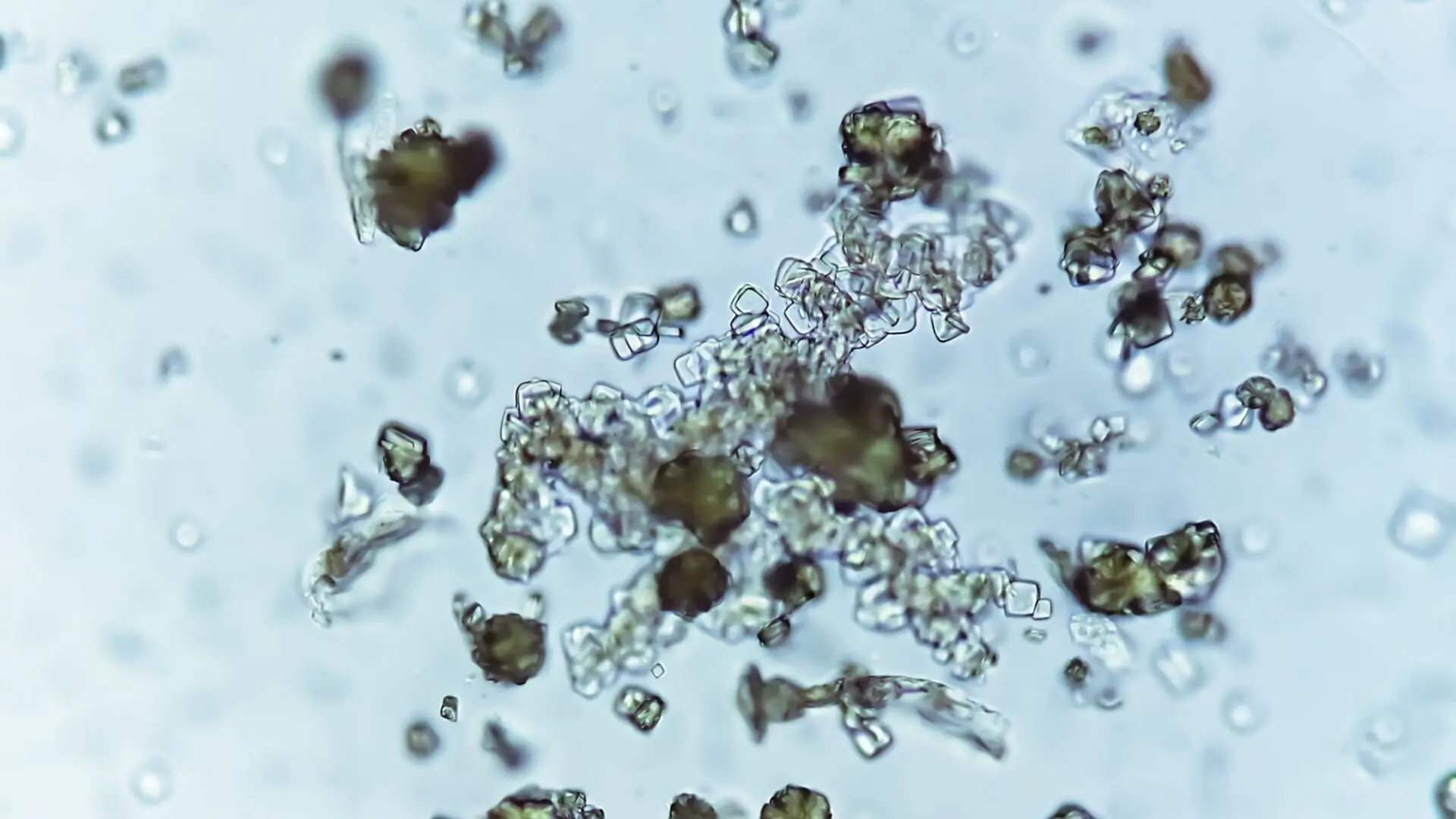
Solving Sediment Issues
Finding a permanent solution for sediment issues in drains and pipes often requires a multifaceted approach. Sediment can accumulate from various sources, such as fatty substances, kitchen grease, food scraps, and even sanitary products that should not be flushed down the drain. Addressing the immediate clog and implementing strategies to prevent future sediment accumulation is crucial to solving sediment build-up effectively.
For starters, avoid pouring fatty substances and kitchen grease down the kitchen sink. These can solidify and catch other materials, including sediment, creating a substantial blockage. Instead, dispose of grease and fats in the trash. Additionally, be mindful of what you flush down the toilet; sanitary products do not disintegrate and can contribute to sediment-related clogs.
Regularly maintained pipes are less likely to suffer from sediment build-up. Regular maintenance includes routine checks and professional cleaning to address potential sediment accumulation before it becomes a larger issue. Professional plumbers can also recommend specific products or enzymes that break down the types of sediment typical in your plumbing system.
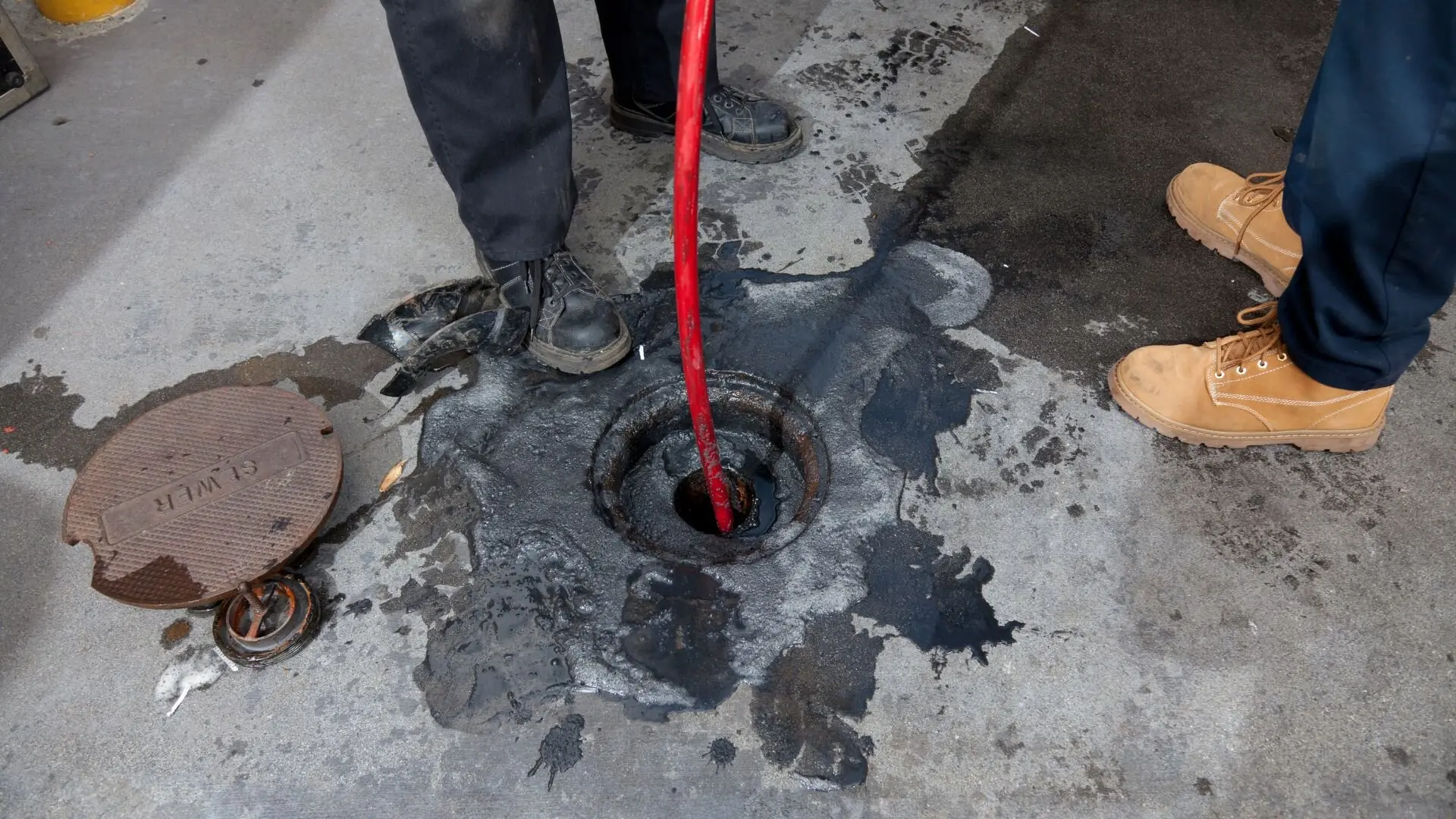
For sediment issues that have already resulted in a clog, a plumber may use specialised tools to clear your pipes. Hydro jetting, for instance, uses high-pressure water to blast away sediment build-up and other obstructions, providing a thorough cleaning. In cases where the sediment has caused damage or pipes are aging and corroded, a more extensive repair or replacement may be necessary to provide a lasting solution.
In the end, sorting out sediment issues in drains and pipes means taking prompt action to clear blockages and continuing with preventive steps to keep everything running smoothly. With proper care and attention, sediment can be managed, ensuring your drainage system works like a charm.
Act Now to Prevent and Solve Sediment Build-Up in Your Plumbing
Sediment build-up in your plumbing can lead to significant issues, from minor inconveniences to severe blockages that disrupt the flow of your daily life. Proactive measures, such as proper disposal of grease, fats, and sanitary products, combined with regular maintenance, are crucial to preventing sediment from compromising your pipes. When faced with sediment-related problems, seeking a permanent solution with the help of professional services will save you from repeated hassles and potential damage to your plumbing system.
Don’t let sediment build-up in your drains become a recurring nightmare. Take action today by scheduling regular maintenance and consulting with a plumbing expert to keep your pipes clear and functional. If you’re already experiencing issues, reach out for professional assistance to address the root of the problem. Contact a licensed plumber to ensure your plumbing system remains in top condition, safeguarding your home’s sanitation and peace of mind. Remember, the health of your plumbing system is integral to the comfort and functionality of your home – so make it a priority.














